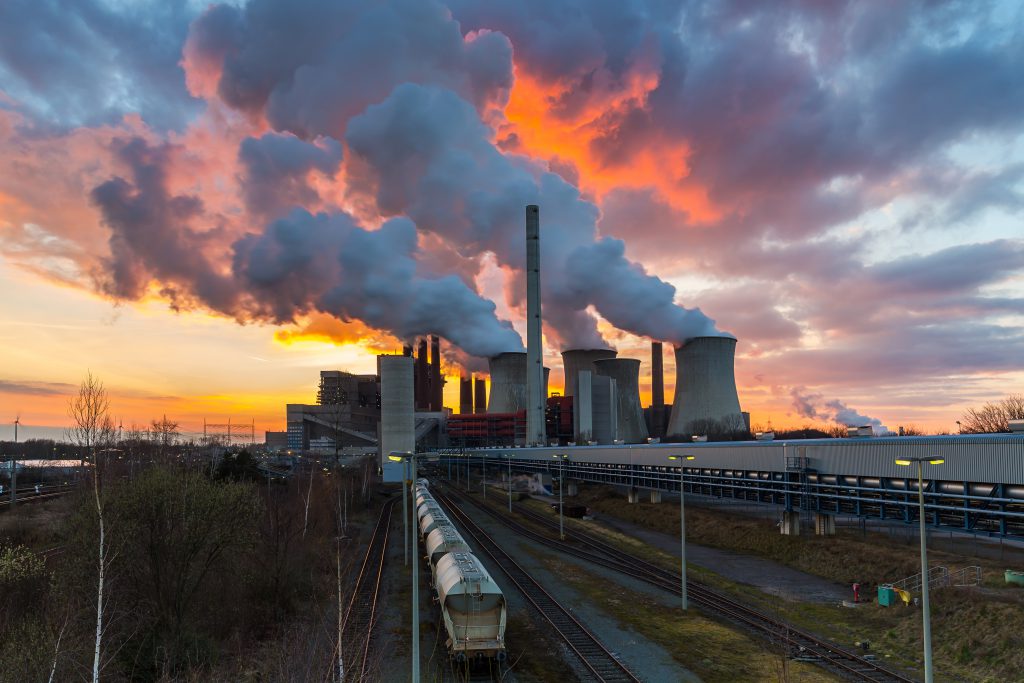Sunday Times Green
Cities Cutting Down Carbon – Can It Be Done?
South Africa is one of the countries that will be most affected by climate change, so it should come as no surprise that four of our major metropolitan authorities have signed up to a commitment to become carbon neutral by 2050. A key part of that commitment was signed in April, when the C40 Cities South Africa Buildings Programme was launched in Tshwane. The stated intention of the programme is to make “zero net carbon” buildings the standard design goal across South African cities.
The mayors of Cape Town, Durban, Johannesburg and Tshwane committed to introduce requirements that ensure all new buildings are energy-efficient, cutting electricity bills and greenhouse gas (GHG) emissions.
With growing urban populations comes increased demand for housing, commercial buildings, office space, schools, hospitals and other buildings. Ensuring these new buildings meet high-efficiency energy performance requirements will be crucial if cities and South Africa as a whole will deliver on their commitments to the Paris Agreement on Climate Change.
“This programme started at the end of 2017 and will run for three years through to the end of 2020, to drive a policy framework so that by 2020, any development approval or building approval would need to have these very ambitious energy efficiency as well as renewable energy plans in place,” says Megan Euston-Brown, a director of Sustainable Energy Africa, the local implementing agent appointed by C40.
She points out that at this stage, while the cities have committed to the programme, they now need to develop their detailed implementation plans to support the pathways towards delivering net zero carbon buildings. This will involve engagement with national government as well as the development and construction sector.
A good start
South African cities already have carbon reduction or green economy programmes in place but are taking further action. The four C40 cities in South Africa cities, alongside a number of other cities in Africa, have pledged to develop ambitious climate action plans by 2020 to set out how they will deliver on their share of the Paris Agreement. Energy efficiency in buildings will be an important part of these plans.
“Cities themselves have a broader focus on resource sustainability,” says Euston-Brown. “For example, water and waste are big goals for them. The programme will need to work alongside these priorities and also demonstrate that ‘green’ building makes financial, as well as social, sense.”
She says that the first step towards zero net carbon in new buildings should be getting as much efficiency out of a building as possible – through orientation, materials, types of windows, efficient heating, ventilation and cooling technology, and lighting efficiency.
“It’s both how you build and what materials you can build with that will take you a certain length of the way,” Euston-Brown says. “The big thing then to get towards zero net carbon will be to meet the remaining requirements through renewable energy.”
Tshwane’s vision
Tshwane is one of 25 C40 cities that has also committed to the Paris Agreement, and signed off on the Compact of Mayors (now known as the Global Covenant of Mayors for Energy and Climate) to develop and begin implementing more ambitious climate action plans by 2020. The agreement is meant to deliver emission-neutral and climate-resilient cities by 2050.
“With the help of C40, the City of Tshwane, like three other South African metropolitan authorities on the programme, has identified 12 opportunities across four action areas that have the greatest potential to curb emissions and to help limit global temperature rise to 1.5°C of pre-industrial levels,” says Solly Msimanga, the executive mayor of Tshwane.
Optimising energy efficiency in buildings is one of these action areas, and therefore Tshwane is prioritising green and sustainable buildings by signing off policies meant to help meet this goal.
“What we know is that 45% of greenhouse gas emissions in Tshwane are associated with energy generated for and used in buildings,” says Msimanga.
He believes that although the goal is formidable, the four South African cities have a real opportunity to dramatically cut their emissions by 2030 through focused acceleration.
In view of the zero net carbon goal, Tshwane established the Green Buildings Programme in 2016, to focus the work of the city around building-related greenhouse gases and contain Tshwane’s ecological footprint through resource-efficient buildings. Through the programme, the city has received technical assistance from C40 to specifically support new building efficiency.
The main goal is to accelerate the development and implementation of transformational energy efficiency policies and programmes for new buildings in South African cities by 2020, working towards zero net carbon performance and sharing the lessons widely across the C40 cities network. The programme is being driven by a local NGO, Sustainable Energy Africa, as the programme’s technical assistance provider.
Of course, the implementation will not be without its challenges.
“It will take great effort by many cities to change the current business as usual in cities when it comes to new buildings and major retrofits,” says Msimanga. “For instance, both the public and the private sector may resist change, also because green building is seen as more expensive than conventional building.”
He says that for any climate change programme to be effective, resources are required to implement them and achieve key results regardless of competing priorities.
“This calls for re-prioritisation of funds, although funds can also be sourced from institutions that finance development and C40 programmes.
“The city will also work with developers, homeowners, the South Africa Property Owners Association, NGOs, academia and research institutions to make sure that there is support for making all new buildings energy efficient and zero carbon rated,” says Msimanga.
Standards and measurements
The Green Building Council of South Africa (GBCSA) is one of the organisations that the C40 Cities New Buildings Programme is engaging with, as it has already developed some of the tools and standards for measuring zero net carbon in the built environment.
“The Green Building Council is working as a critical partner with the C40 Cities team of appointed consultants and the four South African cities to help each of these four cities to develop a plan to deliver on this aspiration, leveraging the GBCSA’s Green Star and Zero Net standards,” says Manfred Braune, executive director for certifications at the GBCSA.
Braune adds that this will allow the four participating South African cities to demonstrate global leadership in the developing country context, while focusing on local resource efficiency and climate change objectives.






 Sign-up and receive the Business Media MAGS newsletter OR SA Mining newsletter straight to your inbox.
Sign-up and receive the Business Media MAGS newsletter OR SA Mining newsletter straight to your inbox.